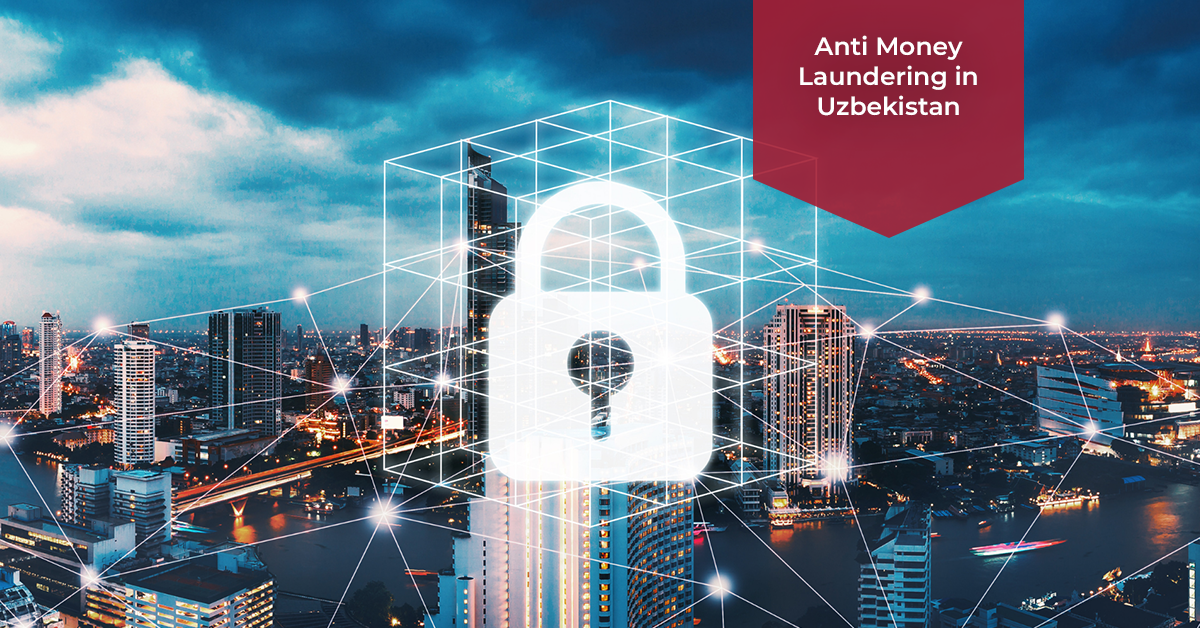
Anti Money Laundering in Uzbekistan
Uzbekistan is a Country of Primary Concern regarding money laundering cases. Uzbekistan’s efforts to apply anti-money laundering regulations are hampered because of several reasons. These include corruption, a lack of interagency coordination, and vulnerability to political influence.
It is difficult to evaluate the advancement of Anti Money Laundering in Uzbekistan. Because the government is reluctant to provide documentations.
What is Uzbekistan’s FAFT Status?
Uzbekistan is not on the FATF List of Countries. So it is not identified as having strategic AML deficiencies. In 2023, a Mutual Evaluation Report was completed regarding Uzbekistan’s adherence to AML criteria. And Uzbekistan was found to be compliant with 8 of the 40 FATF Recommendations. And mostly compliant with 26 of them.
Is Uzbekistan in a Sanction List?
As of 2023, Uzbekistan is not on any international sanction lists.
Economy in Uzbekistan
Uzbekistan is a developing economy in Central Asia. A reform initiated in 2017. The economy was isolated and heavily centralized before. But today it is more welcoming to private investors and resilient to external shocks.
The domestic market, with a population of over 36 million, is attracting attention from US companies due to its potential for economic transformation. Investors can benefit from a lot of opportunities. For instance, the availability of raw materials, labor resources, direct access to markets, and incentives, including state subsidies. However, support from the host country government remains crucial for businesses to succeed because of weak enforcement of contracts and court decisions.
China and Russia have long been important business partners for the nation. Uzbekistan gets remittances from countries such as China, Japan and the United Arab Emirates. They are a major contributor to the country’s economy. By 2030, Uzbekistan aims to produce 25-30% of its electricity from sustainable resources. And by 2050, it wants to achieve net zero carbon emissions.
However, progress has been slow in developing legislation on the capital market. It is a critical factor for unlocking capital inflow from portfolio investments. Data localization requirements have slowed the development of the ICT sector, but the Government of Uzbekistan’s goal of reaching $1 billion in business process outsourcing exports in the next five years appears achievable.
Intellectual property rights enforcement remains weak, and many sales of state assets to private owners do not meet international transparency standards.
Despite these challenges, the leadership of Uzbekistan has repeatedly declared its commitment to advance reform policies. If these policies continue to advance the interests of honest private investors, Uzbekistan has the potential to become a powerful regional economy in Central Asia.

